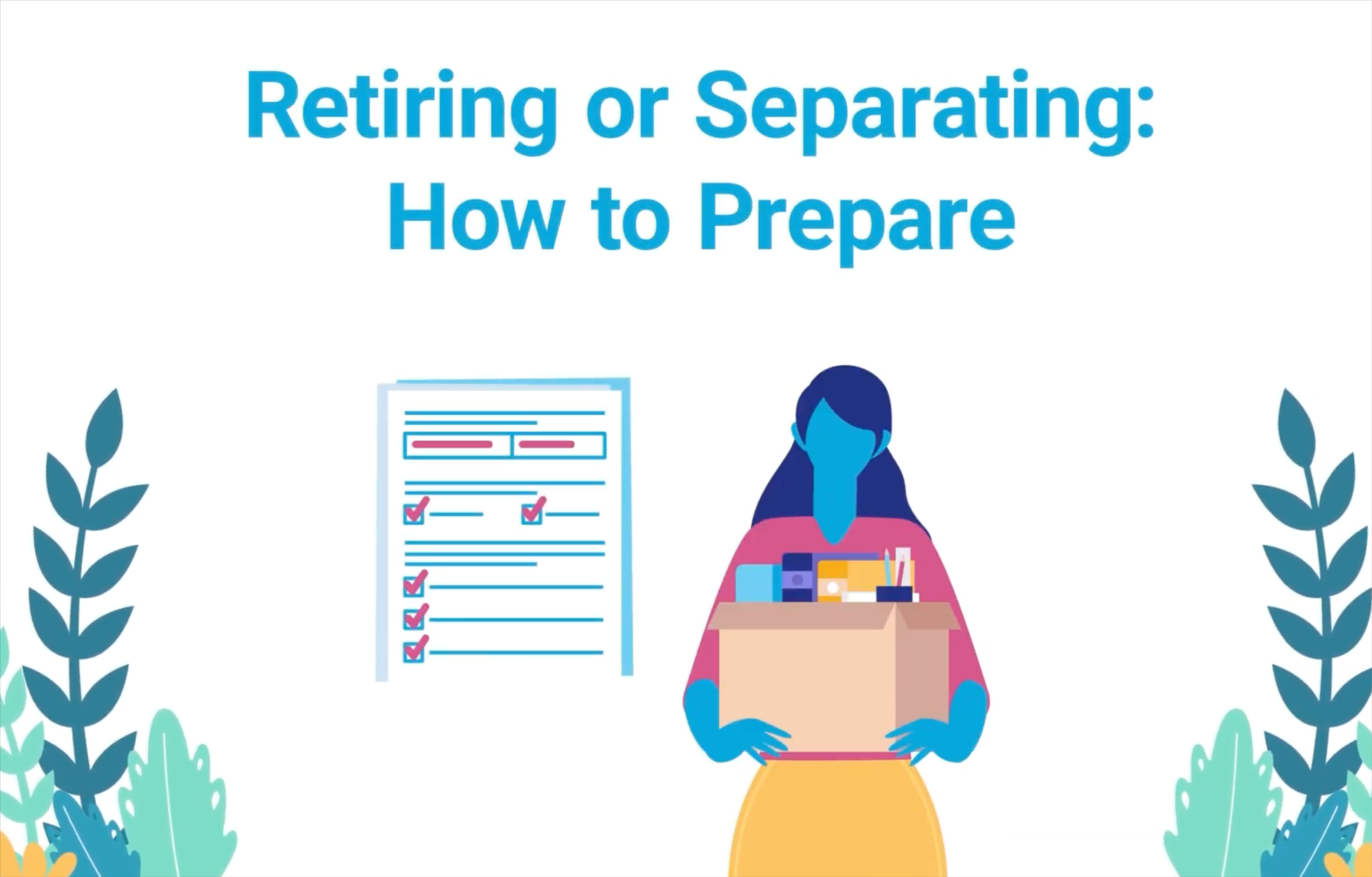You should begin the separation process in advance, at least two months before your separation date. It is recommended that you run an estimate in your Member Self-Service account within 6 months of your separation date.
To review, calculate and process your benefit, the Fund must receive the mandatory separation documents below. Discrepancies will delay payments, so if you do not receive your payment promptly, inquire first with your member organization before contacting the Fund.
Your original Payment Instruction (PI) on the correct form (PENS.E/6 for less than 5 years of contributory service or PENS.E/7 for more than 5 years of service) indicating the benefit option you have selected, the complete bank account information or voided check indicating the account at which you wish to receive payments, the currency of payment, and your email and mailing address with your original ink signature. The Fund must receive the original Payment Instructions form with your original ink signature.
The original and duly completed, dated and signed Separation Notification form PF4 (financial clearance) issued and submitted to the Fund by the Payroll Office of your employing organization and signed by an authorized payroll or finance officer, detailing your pensionable remuneration and contributions since the end of the previous year.
The Separation Personnel Action form (SEPPA) issued and submitted to the Fund by your employing organization, and indicating your official date of separation. Discrepancies will delay payments, so if you do not receive your payment promptly, inquire first with your member organization before contacting the Fund.
If you elect a periodic benefit, the Fund must receive also the following supporting documents (as applicable in your case) at the latest at the time of separation, in order for the Fund to set up all entitlements correctly:
- a copy of your valid photo ID document (e.g. Passport or other valid official, government-issued photo ID, carrying your names, date of birth and signature – the “UN Laissez-passer” is NOT a valid ID document);
- a copy of your marriage certificate/s;
- a copy of your divorce decree/s;
- a copy of the spouse’s official, government-issued photo ID and/or former spouse/s;
- a copy of the birth certificate(s) of your dependent child(ren) under 21 years of age;
- a copy of death certificate(s) for spouse(s), ex-spouse(s), child(ren), if applicable; and
- ORIGINAL Designation of Recipient of a Residual Settlement form A/2








